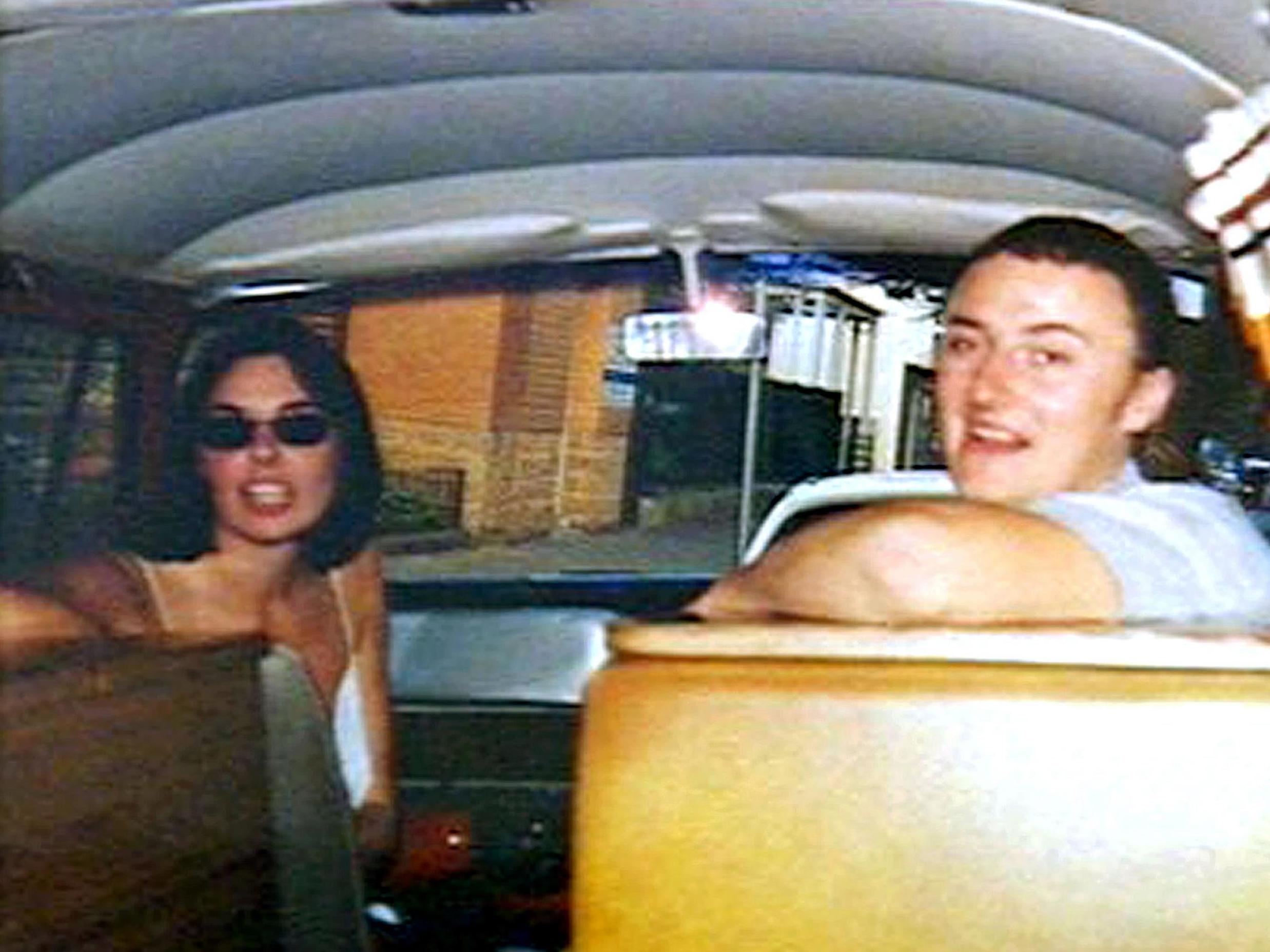Murder in the Outback: The Falconio and Lees Mystery review - One-sided documentary casts doubt on murder conviction
While it’s entertaining viewing for lockdown, this investigation into a 2001 death doesn’t tell the whole story

Your support helps us to tell the story
From reproductive rights to climate change to Big Tech, The Independent is on the ground when the story is developing. Whether it's investigating the financials of Elon Musk's pro-Trump PAC or producing our latest documentary, 'The A Word', which shines a light on the American women fighting for reproductive rights, we know how important it is to parse out the facts from the messaging.
At such a critical moment in US history, we need reporters on the ground. Your donation allows us to keep sending journalists to speak to both sides of the story.
The Independent is trusted by Americans across the entire political spectrum. And unlike many other quality news outlets, we choose not to lock Americans out of our reporting and analysis with paywalls. We believe quality journalism should be available to everyone, paid for by those who can afford it.
Your support makes all the difference.On the night of Sunday 15 July 2001, Peter Falconio and Joanne Lees, two young British tourists, were driving a camper van in a remote part of the vast Northern Territory of Australia. A pick up drew alongside and a man gestured to them to pull over. They did so, thinking there was something wrong with their VW. There wasn’t. The man shot Peter, and attempted to abduct Joanne who escaped. Eventually, via a tip off, a man named Bradley John Murdoch was linked through circumstantial evidence and DNA to the crime. He was convicted and has now served 16 years of a 28-year sentence. A lorry driver and small-time drug dealer, he knew the area well enough. Murdoch wants out, though, and has never admitted the crime.
End of story? No. Start of “mystery”, more like, as the title of this three-part Channel 4 documentary rather tendentiously calls it. The main problem with the Falconio and Lees case is that Falconio’s body has never been found. The other rather more serious problem is that there exists a cottage industry dedicated to casting doubt over the original conviction of Murdoch, constantly raising questions that don’t need raising and generating needless doubt about the case.
There isn’t really a mystery, even though everyone seems to love creating conspiracy theories about everything these days. The fact that the crime took place in the scary, lonely, vast and highly photogenic wilderness of the Aussie Badlands made this an irresistible attraction for the film makers. Combine all that red soil with creepy incidental music and you've got the required atmosphere of doom.
Watching Murder in the Outback, I half expect David Icke to pop up and blame the Bilderberg group or the lizard people for the murder. Instead, we get a defence lawyer who’s been struck off for drug related offences and an author with a book to sell. They are about as convincing as a Twitter feed claiming that 5G causes Covid.
The lawyer, Andrew Fraser, is quite a charismatic figure. A bit of a celeb in his day, in his words he has defended “every type of crook you could imagine...drug barons, businessmen, murderers, I’ve done the lot”. Although no longer allowed to practice, he was asked by Murdoch to construct a “petition of mercy” to quash the conviction. Fraser says that nothing about the case feels right, but rather gives the game away when, reflected on his glory years, he says that “I used to love having the reputation of being the go-to bloke, or one of them, if you were really in the s***”. And who fitted that description better than Bradley John Murdoch? We see Fraser track down the lorry driver who rescued Joanne all those years ago, and the driver recalls seeing a little red car on the same road on that dark desolate night, with some suspicious occupants. It doesn’t really prove anything.
The other interested party is writer Robin Bowles, who has spent many hours researching the events and talking to Murdoch. She seems to think he couldn’t possibly have done it because he said he didn’t, and because he was too neat and tidy a man to leave any “mystery” behind.
On the other hand, a careful murderer would be sure not to leave a body behind, and to dump it somewhere in an area the size of western Europe where it wouldn’t get discovered. Interestingly, one of Murdoch’s main lines – we hear it in recent recorded phone conversations with him – is that Falconio may not even be dead.
The whole “mystery” reminds me too much of the Lindy Chamberlain case, that business with the baby and the dingo at Ayers Rock, which enthralled the whole world and was admittedly apparently a miscarriage of justice. You may recall the entertaining film about it starring Meryl Streep, which gave both sides of the story. Channel 4’s three-part raking over of the Falconio murder is beautifully shot and equally entertaining viewing for lockdown, but only (so far) gives us the Murdoch version. I don’t mind trial by television, but I do want to see the other side of the gruesome story. By the way, on the Chamberlain case, the dingo did it. Well, probably – no confession, you see. Mysterious.
Join our commenting forum
Join thought-provoking conversations, follow other Independent readers and see their replies
Comments